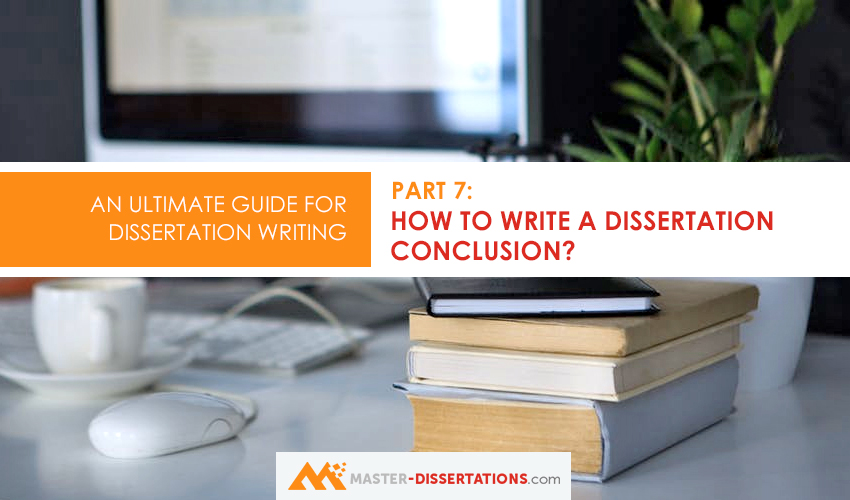
Approximately one-tenth of your dissertation will be devoted to a conclusion. This will also become the culmination of your dissertation and the last chance to make an impression on your readers. This is why it is so important to write a quality dissertation conclusion.
How to write dissertation conclusion?
The purpose of any dissertation conclusion is to bring together the most valuable insights from your dissertation. They will be taken from the main body of your project. If your supervisor requires, you will also need to analyze the key implications for your study and provide recommendations to improve your area of research or practice. For example, if you are a social worker, you may want to recommend certain improvements in the way social services are provided to adolescents and children from poor families. However, do not forget to outline the strengths and weaknesses of your study. Also, try to explain what you did to address those limitations. Do not present too much information on the weaknesses and limitations of your project, because you will still need to emphasize the benefits of your research and prove that you have done everything right.
One of the most typical mistakes made by students when working on a dissertation conclusion is the lack of in-text citations and references. However, this is where you can lose much of your grade. You do not make your conclusions from emptiness. You ground your observations and decisions on some evidence, and you must reference it properly. Of course, you should avoid using any direct quotations in your conclusion. This is not the best part for quoting something directly. Still, do not disregard the importance of proper references and citations, particularly when you analyze your findings in the context of previous studies. Do not copy and paste any information from the introduction, even though your conclusion may be very similar to it. Be unique and write your dissertation conclusion from scratch.
Ultimately, your university may want you to include some reflective analysis in the concluding sections of your dissertation. For example, you may need to share the key lessons you have learned while working on your project. However, do not write anything like that if your supervisor is not asking for it. Your task is to follow the requirements for your dissertation word for word, no more no less. You will still receive most of your grade for the analysis you do in the dissertation results and analysis sections. In the meantime, when you have to include a self-reflection, try to discuss the strengths and weaknesses of your project. Tell your reader what you believe you could have done better. You may also link the information provided in your dissertation to your real-life professional experiences, as well as the way the dissertation has improved your professional skills and competencies. Wrap up the main argument but leave some room for speculations, as you always do.
| Writing the Background Section of a Dissertation | How to write literature review for dissertation |




